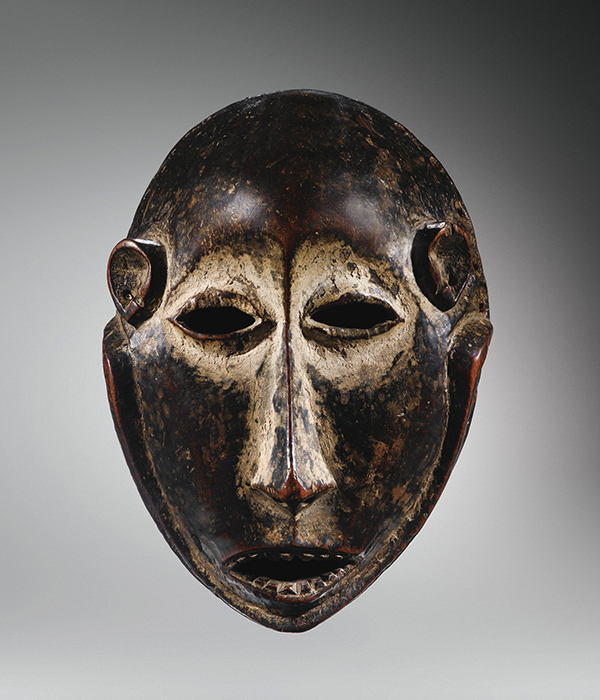Chad’s army will no longer participate in military operations beyond its borders, President Idriss Deby said on April 10, the decision undermining international efforts to defeat Islamist groups in the djihad-plagued Sahel and Lake Chad region.
Deby spoke during a visit to the Lake Chad area in the west of the country to mark the end of an offensive against jihadist group Boko Haram, which carried out its deadliest-ever attack on the army in March, killing nearly 100 soldiers in an ambush.
On April 9, the army officials informed that a further 52 soldiers had died and more than 100 wounded in the 10-day counter-operation against Boko Haram, claiming to neutralise 1,000 of the jihadists and expelling them from two island bases in the lake, which borders Chad, Cameroon, Niger, and Nigeria.
“Chad has felt alone in the fight against Boko Haram since we launched this operation,” Deby said in a speech broadcast on April 10.
“Our soldiers have died for Lake Chad and the Sahel. From today, no Chadian soldier will take part in an external military operation,” he concluded.
According to him, 90% of Boko Haram terrorist have been destroyed and the other 10 percent escaped to Niger and Nigeria. President Deby was quoted as saying,
It was not immediately clear how the decision would impact the anti-jihadist operations of the Multinational Joint Task Force (MNJTF) comprised of troops from countries bordering Lake Chad. Its mission had already been complicated by divisions and a lack of cooperation.
However the experts say that President Deby will not cut ties with his allies in the region, and the international community, but limit the participation of Chad in joint G5 operations, which will weaken the mission, because Chadian military have exceptional skills in conducting combat, adapted to the desert harsh conditions. The heavy losses of Chadians in battle for the lake, left bitter sentiment, reproaching the neighbouring countries in lack of solidarity.
Chad’s armed forces are among the most respected in the region, a reputation forged during decades of war and rebellions, and honed in a 2013 campaign against al Qaeda-linked Islamists in the deserts of northern Mali.
Its suspension of external military operations could also affect the France-backed G5 military force, which battles a growing Islamist militancy in the Sahel region with soldiers from Mali, Mauritania, Niger, Burkina Faso and Chad.
In recent years, militants linked to both al Qaeda and Islamic State terrorist groups have strengthened their affiliations, making large swathes of territory ungovernable and stoking ethnic violence, especially in Mali and Burkina Faso.
